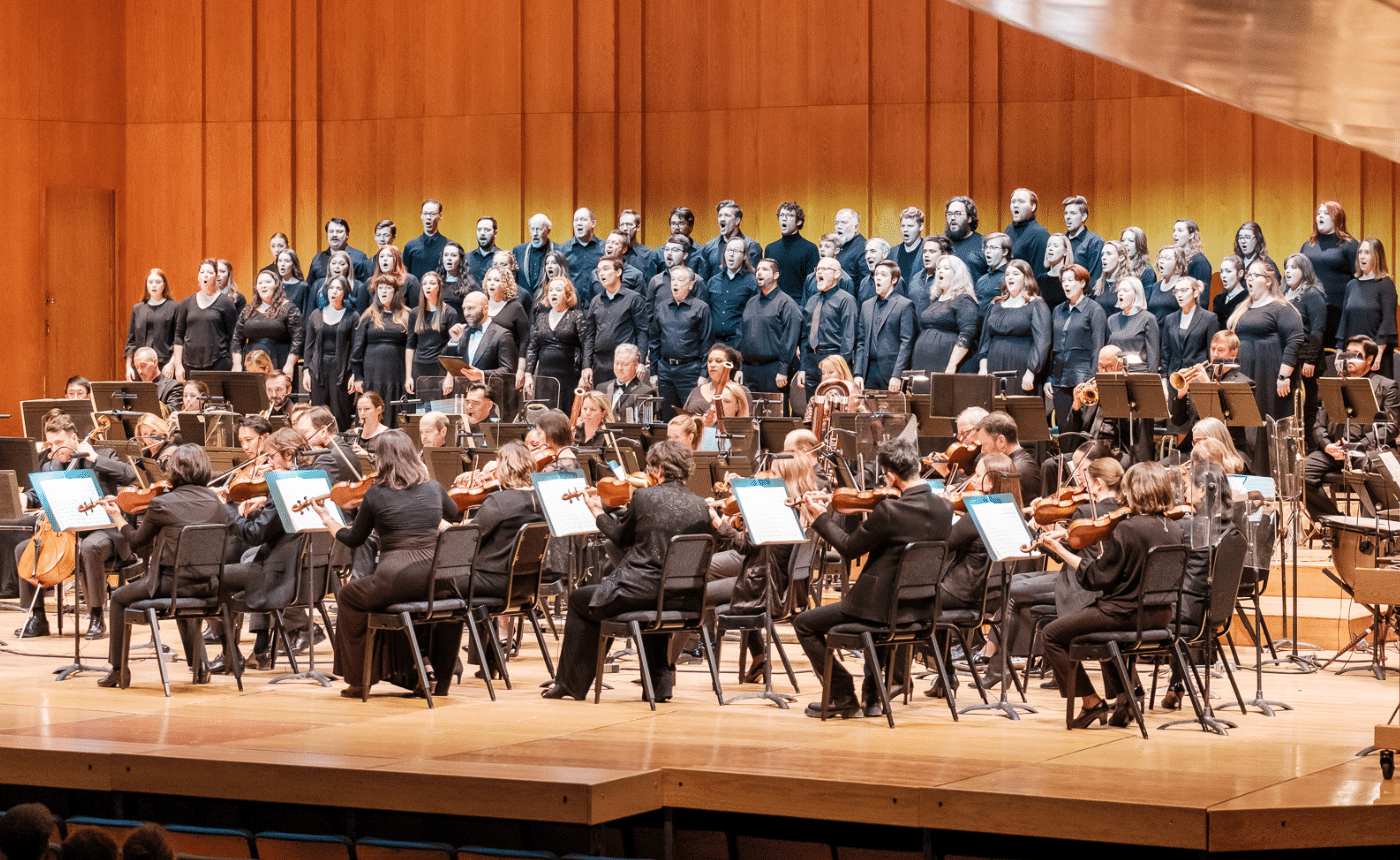ABREU – Tico-Tico no fubá
The song “Tico-Tico,” an enduring international hit, passed the century mark two years ago; it was composed in 1917 by Zequinha de Abreu, a Portuguese émigré to Brazil. But its global popularity, launched in Hollywood, came later. Dating from a 1937 movie, Ethel Smith’s performance of an arrangement for theater organ sold more than two million copies worldwide. A decade later, in Copacabana, the “Brazilian Bombshell” Carmen Miranda sang it opposite Groucho Marx and made a sensation with Hollywood-ized lyrics about a hot date and a cuckoo clock, spurring more than forty American-style covers. But in Brazilian music, which does not exile pop forms from classical traditions, “Tico-Tico” is actually a choro — a song form that typically shrugs off misfortune with good humor, good tunes and fast tempos. The title refers to a bird that got into the cornmeal, but we can imagine the same kind of grousing over morning coffee at the office. “Tico-Tico”’s catchy, emphatically syncopated rhythm is irresistible, and still lends itself to virtuosic arrangements for every conceivable solo instrument and ensemble, from finger-tangling guitar transcriptions to full-on symphonic arrangements. As with Viennese waltzes, the critical challenge is to capture that elusive rhythm with orchestral precision.











